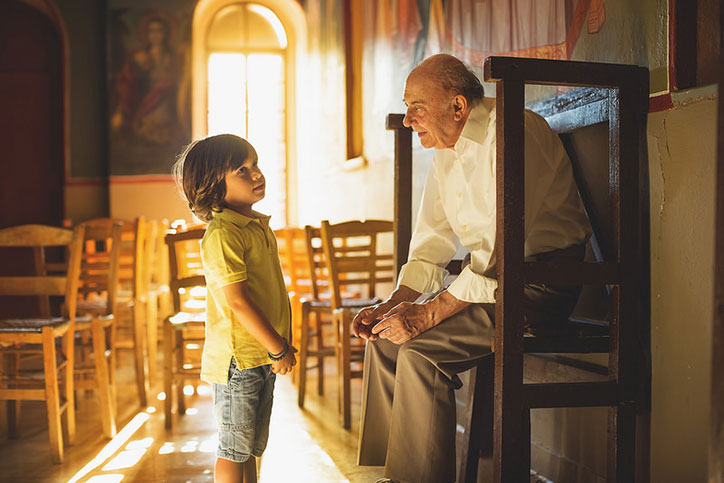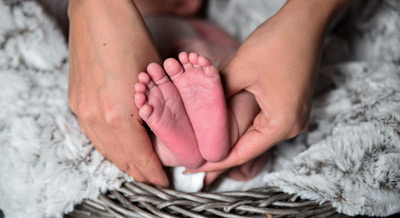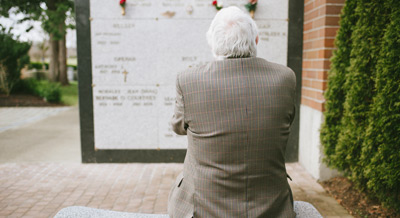
Talking to Children About Death

Grieving can feel overwhelming and be difficult for you but remember to take some time to help the children affected by death. Particularly before the age of ten, a child’s perception of death is uncertain and incomplete. Children are affected by the loss of someone close; however they are not equipped with the same experience and vocabulary to deal with it. Some practical suggestions can guide you in helping children grieve in a healthy way.
Explain death as plainly as possible
Avoid using euphemisms like “passed on” or “sleeping.” Explain, in age appropriate language, what happens when someone dies. Do not leave a child’s imagination to fill in the gaps and set up the expectation that a loved one may return. Ensure that you let the child know he or she is in no way responsible for the death. Explain to the child that the person who died did not go away because of something he or she did, and that there was nothing that could have been done differently.
Talk openly and encourage self-expression
Talk openly about feelings and tell the child that having different or confusing emotions is normal. Make sure they know it’s okay to feel said, angry, or upset. Encourage the child to ask questions and answer them honestly. You can give a child a creative outlet to work out his or her feelings in addition to talking. Encourage younger children to draw pictures or paint and older children to write in a journal, craft a poem, or plan a musical instrument.
Allow a child to say goodbye
Try to find a meaningful way for a child to gain closure on a death. Suggest that he or she draw a picture of a happy memory, make a craft, bring a meaningful object, or pick out some flowers to share at a funeral or cemetery service.
Additionally, there are some videos available online that can help you as you engage children in a meaningful conversation about death, grief and loss. Below are a few resources that you may find helpful.
Courtesy of Catholic Cemeteries of the Archdiocese of Vancouver
Talk to a Deacon
Your parish clergy are a wonderful resource for you during this time of loss. As an extension of your parish, our deacons at Catholic Cemeteries are also available to offer prayer, comfort and consolation to you and your family.
Deacon Steve Hill
Deacon Jim Tardy
Deacon Norm Tierney






